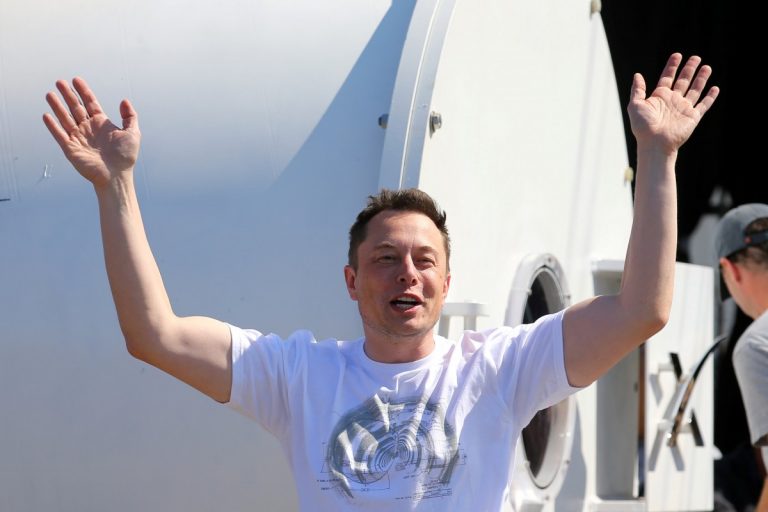
Elon Musk – inventor, pioneer and star-gazing spaceman of the future – has found a new sector on which to put his stamp – education. While he might not be putting in the hard hours on the design floor, Musk has thrown a cool US$15 million at an inventive project set to empower children around the world to take control of their own learning.
The finalists of the Global Learning XPrize were announced this week. Only five teams of young startup app builders made the cut from almost 200 competitors. Each of these has been awarded a US$1 million milestone fund for reaching the finals, but only one of them stands to win the coveted prize money.
The competition challenges teams from around the world to develop open source and scalable software that will enable children in developing countries to teach themselves basic reading, writing and arithmetic within 15 months.
The 5 #LearningPrize finalists share how their new scalable solutions empower child learning 💡 https://t.co/fpNnj19VL4
— XPRIZE (@xprize) September 21, 2017
Each of the five finalists will now get the chance to put their education technology solutions to the test in a field test in Tanzania this November, demonstrating proficiency gains in about 4,000 children from over 150 villages. Those with the highest gains in the allotted 15 months pockets the remaining US$10 million purse fund.
The initiative, done in partnership with the United Nations Educational, Scientific and Cultural Organisation (UNESCO) and the World Food Program (WFP), stands to change the face of education, especially for children in areas of the world in which resources and teachers are in short supply or non-existent.
According to UNESCO, an estimated 250 million children around the world cannot read, write, or demonstrate basic arithmetic skills. And the lack of much-needed resources only looks set to worsen in coming years.
In 2016, the UN warned that nearly 69 million new teachers needed to be recruited and trained in order to achieve global universal primary and secondary education. The figures showed sub-Saharan Africa and south Asia to be the most affected by the worldwide shortage.
The reasoning behind the Global Learning XPrize is that, while programmes exist to build schools and train teachers, traditional models of education are not able to scale fast enough to meet demand.
With the five finalists for Global Learning XPRIZE. Pretty excited having just won $1m each! Now we go to the field! pic.twitter.com/4fjmGhDIUF
— Matt Keller (@mattkeller1) September 18, 2017
Seeing this time as a “pivotal moment where an alternative, radical approach is necessary”, the initiative seeks to “eliminate the existing barriers to a quality learning experience, where the seeds of innovation can be imparted to every child, regardless of location or economic status,” according to their website.
The finalists include CCI from New York, Chimple from India, Berkeley-based Kitkit School, a program called onebillion, and RoboTutor from Pittsburgh. All of them aim to develop an app that makes learning fun, interactive and vitally allows children to learn autonomously.
For a man who has aspirations of sailing among the stars, it sure is nice to see Elon Musk’s latest project working for such an important cause right here on good old terra firma.
Liked this? Then you’ll love these…
Universities must act now on sustainability goals
More African girls going to school, yet the poorest miss out – experts







